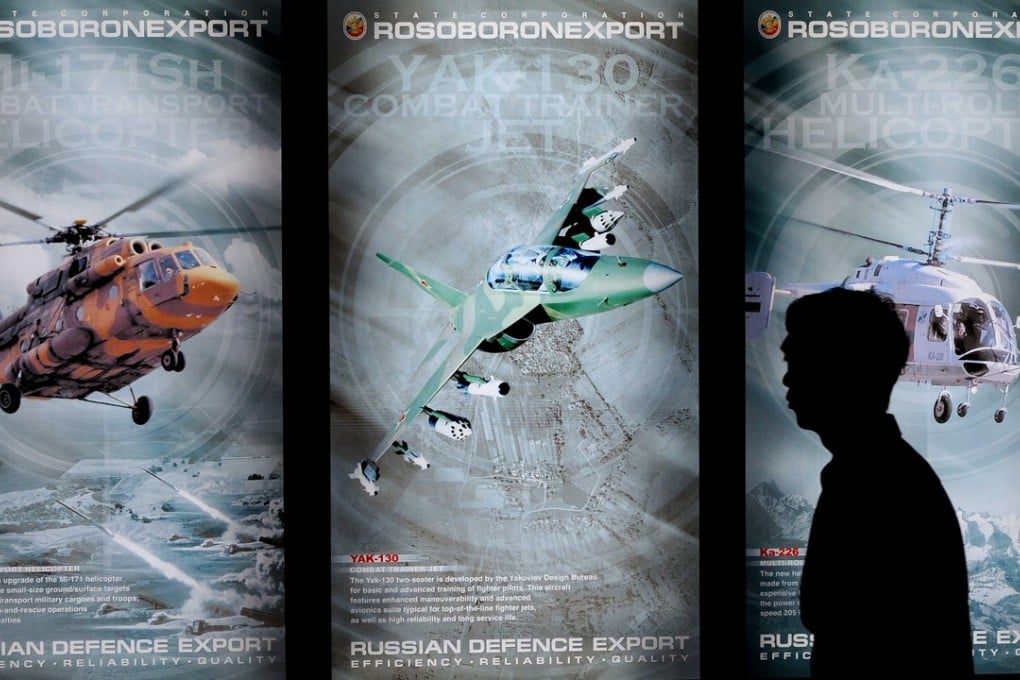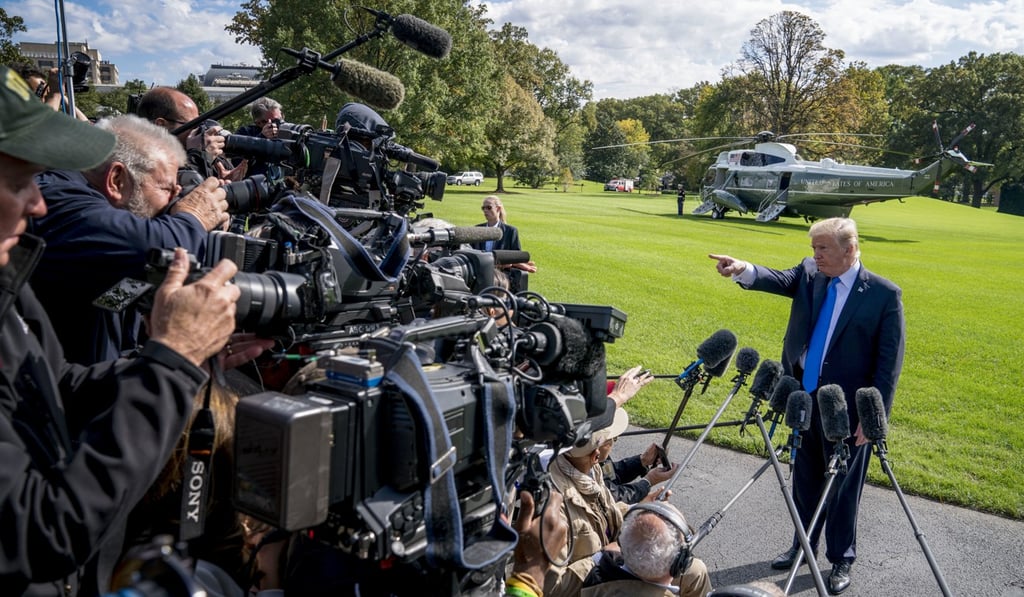US slaps new sanctions on Russian defence, intelligence entities

The US State Department on Friday listed 39 Russian companies and government organisations tied to the defence and intelligence sectors, and warned that anyone in the United States or elsewhere doing significant business with them could be hit with sanctions starting early next year.
The list was a belated response to legislation, which President Donald Trump reluctantly signed in August, giving him until October 1 to produce a roster of targets for new sanctions. Designed to punish Moscow for what the US views as aggressive actions in Ukraine and alleged interference in the 2016 US election, the bill was seen at the time as a way of forcing Trump’s hand.

The bill, which had broad bipartisan support, included new sanctions on Iran and North Korea.
The Russia list was published on Friday on the State Department website, along with guidance for those who might be affected. The roster of targeted companies and agencies could have broad ramifications for US and foreign entities that deal with them.
Special Counsel Robert Mueller is investigating whether the Trump campaign coordinated with Russia to influence the 2016 presidential race.